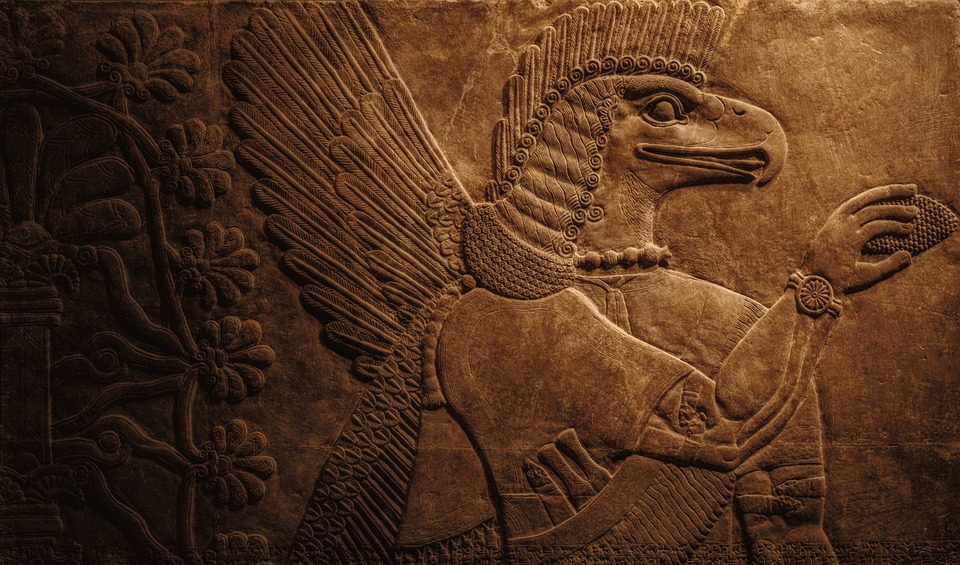
The Louisiana Purchase, which took place in 1803, had a profound impact on the growth of the United States. This massive land deal between the United States and France nearly doubled the size of the country and was one of the most significant territorial acquisitions in American history.
Prior to the Louisiana Purchase, the United States was still a young and developing nation, struggling to establish its identity and solidify its place in the world. The acquisition of this vast territory, which spanned from the Mississippi River to the Rocky Mountains, provided the country with an unprecedented opportunity to expand westward and cement its position as a continental power.
With the Louisiana Purchase, the United States gained access to valuable natural resources, including fertile land, timber, and minerals. This new territory also gave the country control over important waterways, such as the Mississippi River, which was essential for transportation and commerce.
The Louisiana Purchase also opened up new opportunities for trade and commerce, particularly with Europe. The acquisition of this territory provided the United States with new ports and markets for its goods, which helped to fuel the country’s economic growth and development.
The Louisiana Purchase also played a crucial role in the development of the United States’ national identity. It solidified the idea of Manifest Destiny, the belief that the United States was destined to expand and spread its influence across the continent. This idea would continue to shape American foreign policy for decades to come.
The Louisiana Purchase also helped to accelerate westward expansion, as settlers and pioneers pushed further into the newly acquired territory in search of land and opportunity. This led to the development of new cities, towns, and settlements throughout the West, which helped to fuel economic growth and development in these regions.
The Louisiana Purchase also had important implications for the issue of slavery in the United States. The acquisition of this territory brought new questions about the expansion of slavery into the West, which would ultimately lead to the Civil War.
The Louisiana Purchase also had important geopolitical implications, as it helped to cement the United States’ position as a dominant power in North America. It also removed French influence from the region, which had been a source of tension between the two countries for many years.
The Louisiana Purchase also had important implications for Native American communities, as it brought new pressures and challenges for these groups. Many Native American tribes were displaced from their traditional lands as settlers and pioneers pushed further into the West.
The Louisiana Purchase also had important implications for the relationship between the United States and Spain, as it removed Spain’s control over the Mississippi River and put the United States in a position of greater influence and power in the region.
Overall, the Louisiana Purchase was a transformative event in American history, one that had profound and far-reaching impacts on the growth and development of the United States. It provided the country with new resources, new opportunities, and new challenges, and helped to shape the country’s identity and place in the world for generations to come.







